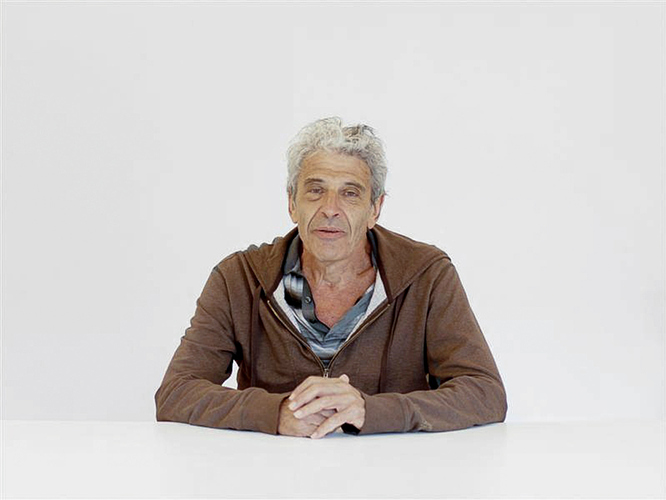In the May issue of the Brooklyn Rail, McKenzie Wark takes a deep dive into Palma Africana, a recent book by radical anthropologist Michael Taussig. Occupying a zone between theory, literature, and memoir, Palma Africana seeks to understand our contemporary situation through the prism of palm oil, an ingredient in countless food products whose cultivation is decimating natural landscapes throughout the world. As Wark writes, Taussig sifts through the devastation of this industry – and by extension, the devastation of modern capitalism – to uncover fleeting moments of “magic” that point toward a different mode of collective being in the world. Here’s an excerpt:
Taussig is skeptical of the way American academia has come to deploy the language of “theory” as a kind of magical shorthand: “My sense is that what is today called ‘theory’ is a cross between magic and the need for mastery; mastery over other people and mastery over reality. (That’s my theory, anyway.)” The abstractions of theory can have too much of an affinity for the abstractions of power, leaving ordinary, insignificant things in the dust. “So why do I persist? What is this nod toward things and a belief in the power of detail?” Taussig is reacting to systematic thinking, whether of development or ethnography, in favor of a bond of empathy for insignificant things. (This tree; that cow). It’s a matter of writing theory differently, in a way that does not bulldoze flat all of the anomalies fieldwork throws up. “The ‘field’ as in ‘fieldwork’ is as much the Self as it is the Other, multiply so, especially now at a time in world history when the subjective nature of nature objects to its objectification and strenuously so.” Theory lacks of theory about its own production, its own history. In Palma Africana , concepts always come from a relation of the ethnographer to some seemingly insignificant thing, which turns out to signify all too much.
Like Eduardo Viveiros de Castro, Taussig wants to see the symbolic as play that crosses nature with culture as active, as no mere structure doling out combinatory permutations. What Viveiros de Castro calls “cannibal metaphysics” seems comparable to what in past work Taussig called “the nervous system.” Both are trying to think more dynamic and open-ended practices of the symbolic that are attentive to details that don’t fit. In Taussig’s “nervous system,” acts of interpretation are not individual acts in individual bodies, but acts of the hermeneutic field itself, a field which is hardly systematic at all, but which compulsively interprets in order to cover up its lack of system. In both Taussig and Viveiros de Castro, ethnography doesn’t uncover symbolic order so much as activate meaning-making, although in Taussig there’s a tendency to leave the symbolic open and unmapped.
Image of Michael Taussig via the European Graduate School.
